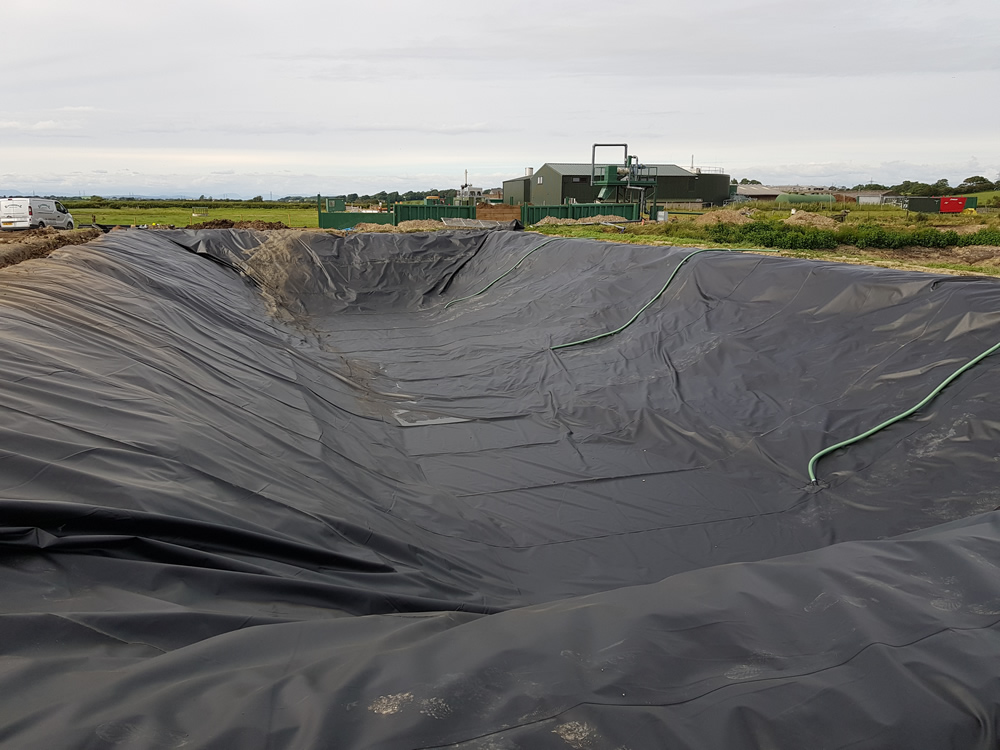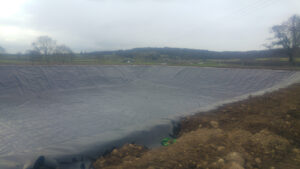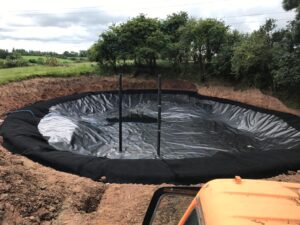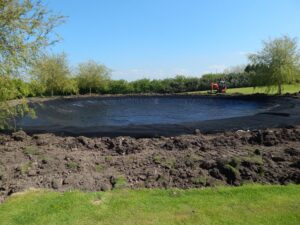In the realm of agriculture, effective containment systems for slurry storage play a pivotal role in managing and preserving agricultural waste, safeguarding environmental integrity, and promoting sustainable farming practices. These systems serve as vital components in storing and managing slurries generated from farming activities, ensuring containment and preventing environmental contamination.
Understanding Containment Systems for Slurry Storage
Containment systems for slurry storage are structures designed to securely hold and manage agricultural waste, such as slurries composed of animal manure, bedding, and water. These systems are engineered to prevent the seepage of stored slurry into the environment, protecting soil, water sources, and ecosystems.
Uses in Agriculture
Slurry Storage Tanks or Lagoons: Containment systems encompass storage tanks, lagoons, or structures specifically designed to hold slurries before they are utilised as organic fertilisers or spread onto fields.
Environmental Protection: These systems prevent the escape or leakage of slurry, minimising nutrient runoff, and preserving water quality in nearby water bodies.
Benefits of Containment Systems for Slurry Storage
Efficient Waste Management: These systems provide controlled environments for storing agricultural waste, ensuring containment and facilitating efficient waste management practices.
Environmental Preservation: By preventing the seepage of slurry into the environment, containment systems reduce the risk of water pollution, protecting aquatic life and ecosystems.
Nutrient Management: Stored slurry can be used as a nutrient-rich fertiliser for crops when managed appropriately, contributing to sustainable agricultural practices.
Types of Containment Systems
Concrete or Steel Tanks: These durable structures offer stability and longevity, providing secure containment for slurry storage.
Lined Lagoons or Ponds: Impermeable liners, such as geomembranes, are used to create barriers in lagoons or ponds, preventing slurry seepage into the soil.
Applications in Agriculture
Livestock Farming: Containment systems are prevalent in livestock farms where slurries from animals are stored before being used as natural fertilisers for crop cultivation.
Crop Cultivation: Stored slurry, when utilised as a nutrient-rich fertiliser, supports soil fertility and aids in crop growth, enhancing agricultural productivity.
Conclusion
Containment systems for slurry storage are fundamental in modern agriculture, providing solutions that manage agricultural waste while safeguarding environmental health. Their role in containing slurries, preventing water contamination, and supporting sustainable nutrient management underscores their significance in responsible farming practices. As the agricultural industry continues to prioritise sustainability, containment systems for slurry storage remain essential in promoting efficient waste management and preserving the integrity of our ecosystems.
To find out more about our products and services and how we can help you, please contact us using the below –
Tel: 01695 228626
Email: enquiries@enviroseal.co.uk





